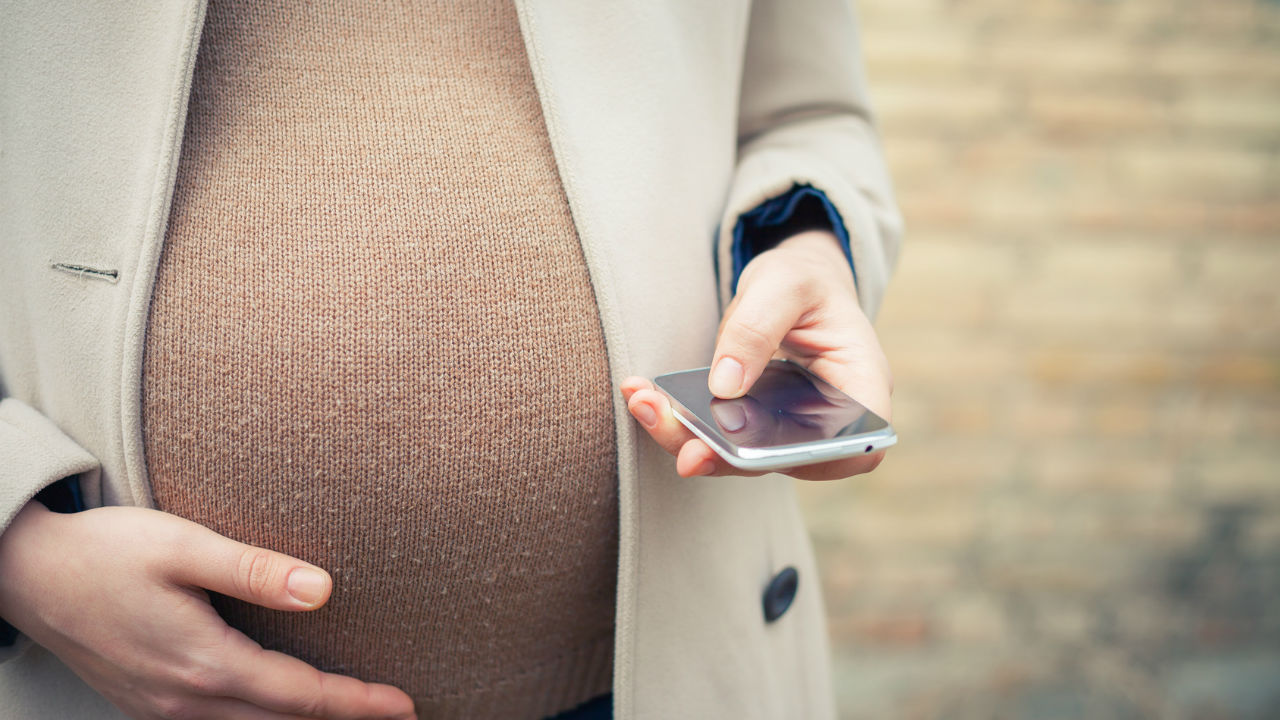 petunyia/fotolia
petunyia/fotolia
I am about to turn 36 years old. And I am childless.
There, I said it.
I haven’t even tried to have a baby. I am planning to try at some point, but I have bought plane tickets rather than cribs. I have lived in four countries over the last 10 years. I am blazing my trail to my personal legacy, which may or may not involve motherhood.
There are a lot of opinions about waiting, and many of them are not positive. Even though most of my friends have become mothers in their 30s and 40s, people like to inform me of how difficult it will be. They may be right.
I am not alone in waiting. Every state has seen a rise in women having their first child after the age of 35.(4)
Turns out the dire stats of my decreasing fertility may be based on false assumptions.
Jean M. Twenge, author of “The Impatient Woman’s Guide to Getting Pregnant” and a researcher at San Diego University, wondered if the fear was outdated, and did some personal reading.
She found that around 86 percent of people between 27 and 34 years old conceive in the first year, and 82 percent of people between 35 and 39 years old conceive in the first year, if they have sex at least twice a week.
This is not a massive decline (and by the way, men have a decline with age, too).(1,2)
There may even be a benefit to waiting.
Women who are able to have children later in life without drugs or infertility treatments have genes that make it likely that they will live longer than women who had their last child before 30.
Researchers believe that the same genes that allow a woman to bear a child at a later age may play an important role in slowing down the rate of aging.(3)
I am going to keep that information in my back pocket the next time I am guilted for my small family.
How we reproduce can have as much to do with our lifestyle as our age. Many of us pay more attention to our health as we get older, swapping weekend benders for early bedtimes.
Dr. Rebecca Starck, chair of the Department of Regional Obstetrics and Gynecology at Cleveland Clinic, says if a woman prepares herself with the right foods and exercise, “A healthy 40 year old can have a much less risky pregnancy than a healthy 28 year old.”(4)
Of course, there are risks that need to be considered for the stallers. The risks of having a child with a genetic disorder rises after 40, because of the increased likelihood of chromosomes becoming displaced in older eggs.
“It’s not an absolute risk, it’s a relative risk,” said Starck.
Thirty-five years of age and older is still considered “high risk” but Prudence Hall, M.D., OB-GYN and founder of the Hall Center in Santa Monica, California, points out that we have gotten healthier as a population since the term was coined 30 years ago.(5)
I’m going to keep drinking my green smoothies. In any case, why should I have a child on anyone else’s timeline but my own?
Reviewed October 13, 2016
by Michele Blacksberg RN
Edited by Jody Smith
1) Saar, Mayrav. False Panic About Older Moms To Be. New York Post. Retrieved 12 October 2016.
http://nypost.com/2013/09/28/outdated-studies-feed-false-panic-about-older-moms-to-be
2) Dunson, DB, Baird DD, Colombo, B. Increased Infertility with age in men and women. Obstetrics and Gynecology, 2004 Jan;103(1):51-6.
https://www.ncbi.nlm.nih.gov/pubmed/14704244
3) Sun, Lena H. Older Moms May Have Genes For Longevity. The Washington Post. Retrieved 12 October 2016.
https://www.washingtonpost.com/news/to-your-health/wp/2014/06/25/silver-lining-for-some-older-moms
4) Sifferlin, Alexandra. Women Keep Having Kids Later and Later. Time Magazine. Retrieved 12 October 2016.
http://time.com/95315/women-keep-having-kids-later-and-later
5) Kenney, Laura. Is Having A Baby Over 35 As Risky As We Thought? Self. Retrieved 12 October 2016.
http://www.self.com/story/high-risk-pregnancy-what-women-35-over-need-to-know





Add a Comment1 Comments
This is interesting, and I tend to agree with the argument of Dr Starck.
October 21, 2016 - 11:57pmA balance between the pro-s and con-s for the child -bearing age is best; not too young, not too old. I believe, given biological, medical and socioeconomic factors, up to thirty seven years -a -woman's age, is a good estimate. Of course, getting pregnant the "natural way" poses the least risk as to fetal health issues, and-equally important, social issues.
The fact nowadays, that women have to pursue their own para marital ambitions, will skew the child- bearing age; delayed pregnancy, delayed marriage, and even delay and reduction of the chance of meeting the right partner- in which case a woman would move to alternatives, of donors, which is even more difficult( and perhaps a taboo) in more conservative societies !! No doubt, moreover, medical technology- advance paved the way for shifting to a delayed pregnancy age.
Given all that, it remains the woman's decision, depending on her priorities, which entails allowing the woman to be well informed about all factors that determine her decision, some of those perhaps not well forecast by her own thinking- thus perhaps needing extrinsic advice from experienced people.
Maria Jasmine Freeman, published author ( Dr Hana Fayyad, pediatrician).
This Comment